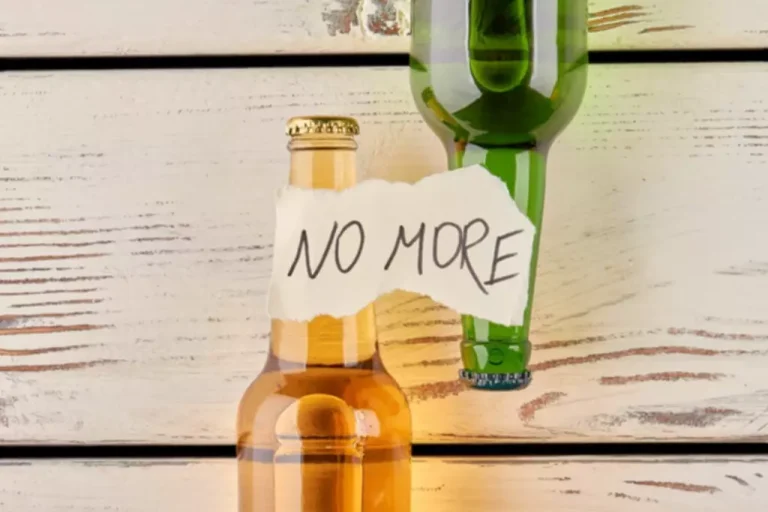
Most importantly, insulin leads to the uptake of the sugar glucose into muscle and fat tissue and prevents glucose release from the liver, thereby lowering blood sugar levels (e.g., after a meal) (see figure). As a result of the immune system’s attack, the beta cells can no longer produce insulin. Consequently, the patient essentially experiences total insulin lack. Because insulin is a key metabolic hormone, insulin deficiency leads to major impairment of the body’s regulation of carbohydrate, lipid, and protein metabolism. can diabetics get drunk consumption are the two most common underlying causes of peripheral neuropathy. Among diabetics, the prevalence of neuropathy with obvious symptoms (i.e., symptomatic neuropathy) increases with increasing disease duration.
Bloody Mary
While researchers don’t know how long this effect lasts, they note that it shows the impact of alcohol on Type 2 diabetes risk. However, some people, such as those who do lots of exercise, may be able to eat a high-sugar breakfast without raising their risk of Type 2 diabetes, as they burn those calories off, he notes. For the vast majority though, it’s worth rethinking how they start the day. We all want to avoid chronic illnesses and, with rates on the rise due to soaring obesity levels, Type 2 diabetes is one that’s at the forefront of many people’s minds.
How alcohol affects diabetes
- While there are some diabetes-friendly cocktails, such as the ones mentioned above, traditional cocktails are generally very high in added sugars.
- If you do drink these with alcohol, your blood sugar may spike and then dip to dangerously low levels.
- Hypoglycemia (low blood sugar) unawareness occurs when someone with diabetes has a drop in blood sugar but doesn’t recognize the symptoms.
- Given that drinking can make you lose track of what you’re eating, calories (and pounds) can add up quickly.
- The study had a number of limitations, however, which might alter the perception of impact.
This article discusses how alcohol can impact diabetes and related conditions and offers tips for safe drinking. Adjusted hazard ratios of alcohol consumption for incidence of type 2 diabetes according to BMI category adjusted for age, sex, smoking status, and exercise habits. Depending on what you like to drink, there can be a lot of calories in alcohol. There are several risk factors for type 2 diabetes, these include your family history, age and ethnic background. If you’re at risk of hypoglycemia, make sure you carry glucose tablets, gel, or liquid.
Your sleep time changes by more than one hour each night
- While many people with diabetes can drink alcohol in moderation, it’s important to understand the possible risks of alcohol use and what you can do to lower them.
- Alcohol can also contain a lot of calories, which can lead to putting on weight.
- Most importantly, if individuals wish to engage in moderate drinking, they should first discuss it with their doctor.
- Most importantly, insulin leads to the uptake of the sugar glucose into muscle and fat tissue and prevents glucose release from the liver, thereby lowering blood sugar levels (e.g., after a meal) (see figure).
- A reduced fat oxidative capacity and metabolic inflexibility are important components of muscle insulin resistance [29].
The fact that alcohol induced brain damages and cognitive dysfunction might precede other complications of alcohol, strongly suggests the need for research on their relationship. Alcohol-induced brain damages were commonly observed in otherwise, uncomplicated alcoholics [58]. Thus, brain is one of the most vulnerable organs from alcohol-induced toxicity. Moderate alcohol intake may help to slightly lower blood sugar levels in people with type 2 diabetes and improve insulin sensitivity. This effect is typically observed with moderate consumption, which can enhance insulin action and reduce blood glucose levels. Your liver releases glucose into your blood stream as needed to help keep your blood sugar at normal levels.

- If you struggle to keep your diabetes stabilized, you may want to avoid alcoholic drinks or speak with your healthcare provider first.
- You can talk to your healthcare team about how you’re feeling, they’ll be able to give you more advice and support about what might help.
- Accordingly, these medications help control blood sugar levels without causing hypoglycemia.
- They should also keep a closer watch on their blood sugar so they can quickly react if levels fall too low.
They should also remember that some diabetes medications may not work if they consume too much alcohol. Understanding what one is consuming and how alcohol influences blood sugar levels is particularly important for people with diabetes. If you struggle to keep your diabetes stabilized, you may want to avoid alcoholic drinks or speak with your healthcare provider first. Consuming alcohol can worsen diabetes complications, such as retinopathy (damage to blood vessels in the retina), neuropathy (nerve damage), and nephropathy (kidney damage). Drinking alcohol when you take glucose-lowering medications (insulin) or certain oral medications can increase the risk of low blood sugar. Alcohol is absorbed directly into the bloodstream from the stomach or the small intestine, and it’s then carried through the body and delivered to the liver.
The morning after you’ve been drinking
While the liver metabolizes alcohol, it cannot convert stored glycogen into the glucose needed to stabilize blood sugar levels. Regarding alcohol and diabetes, blood-sugar-reducing medications, such as insulin, increase the risk of low blood sugar, and alcohol increases the risk. Symptoms of low blood sugar include shakiness and confusion and must be treated immediately. Studies show drinking moderately (about one drink per day) may improve heart health and decrease the risk of diabetes.

